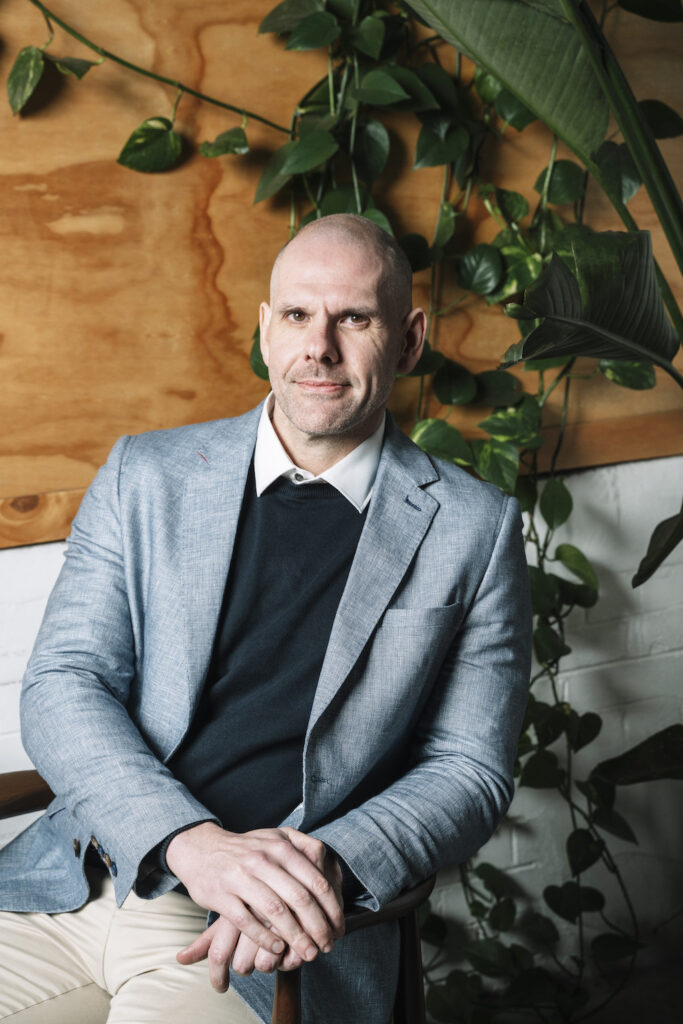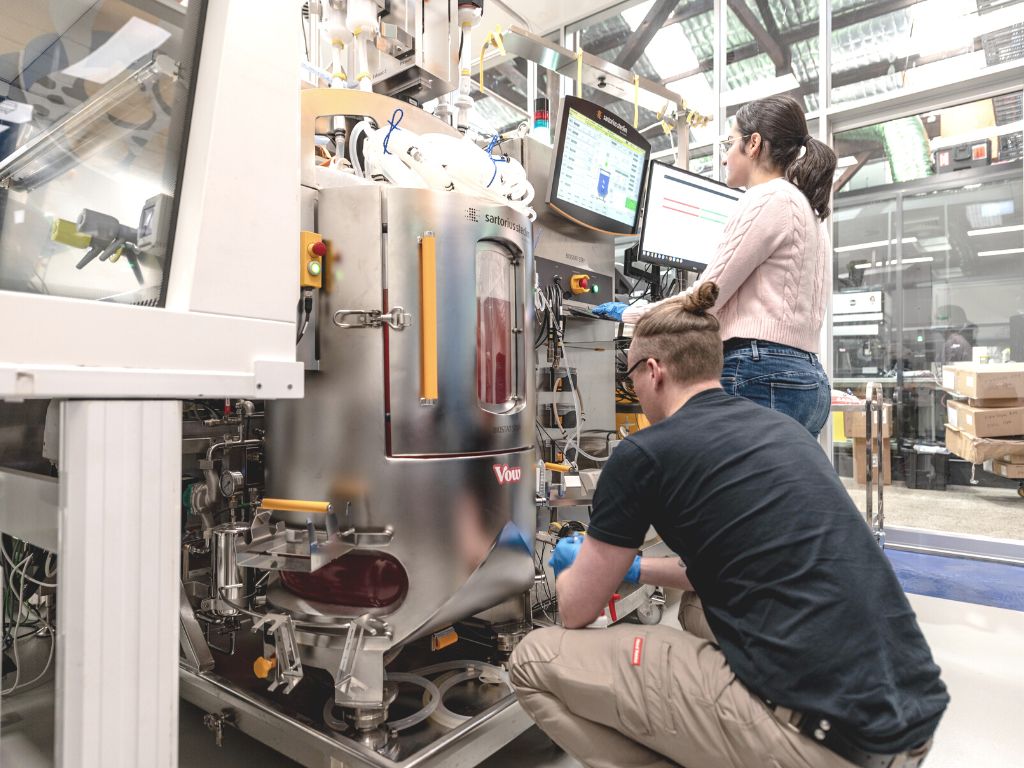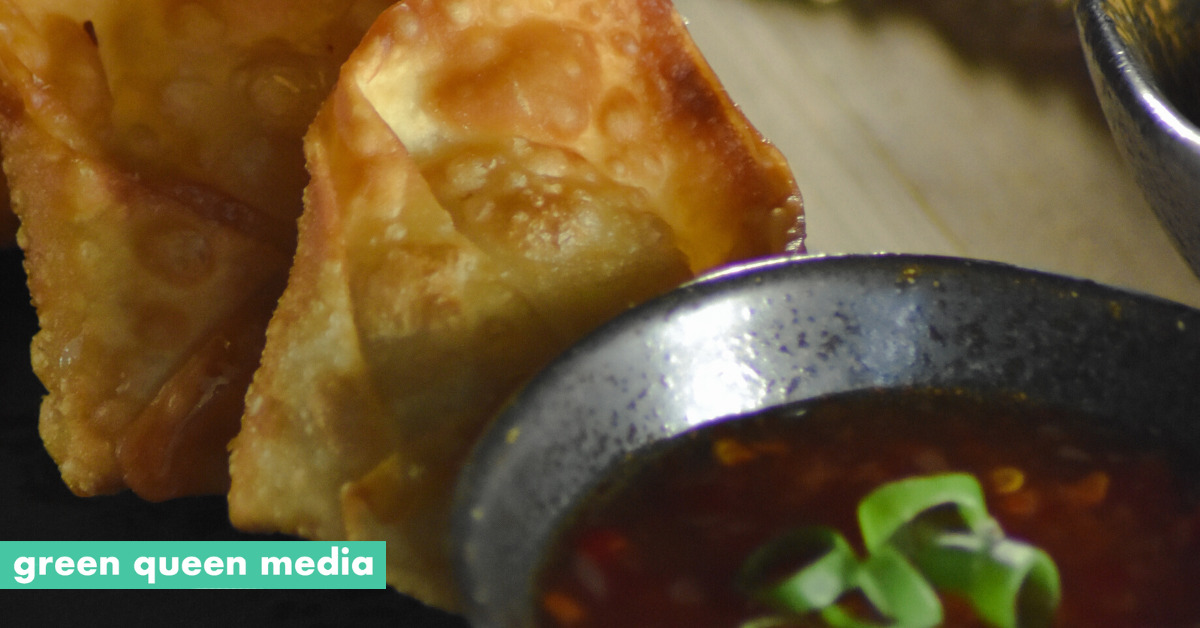5 Mins Read
Cultivated pork meat is Magic Valley’s latest achievement, following the launch of its lamb meat last year.
Melbourne-based Magic Valley says its cultivated pork meat comes from skin cells retrieved humanely from a living pig. The cells are then grown using the company’s breakthrough technology that replaces fetal bovine serum.
‘An ethical and sustainable solution’
According to Magic Valley, its tech allows the cells to replicate infinitely, turning into both muscle and fat — all from a singular skin scraping. The startup says this makes it a more stable and faster tech than those achieved by other cultivated meat producers. It says its tech is scalable for all types of meat, not just pork and lamb.
“The global need for alternative proteins to meet the demands of the growing population is imperative as we take that journey to achieve net-zero, steering clear of traditional ways of consuming meat for ethical and environmental reasons,” Magic Valley founder and CEO Paul Bevan said in a statement.
Unlike other players, Magic Valley does not rely on fetal bovine serum (FBS) as a growth media for its products. “We don’t need a replacement for Fetal Bovine Serum (FBS) in our process, as we have never used it! Instead, we have developed our own proprietary growth media that is completely animal-origin-free, setting us apart from many of our competitors,” Bevan told Green Queen over email.
“By eliminating the need for FBS, we are able to align our production process more closely with our core mission of promoting a more sustainable and ethical food system, and maintaining a strong commitment to sustainability and animal welfare,” he added.
Pork format, cost per kg and cultivated material percentage
The company is starting with pork meat in a minced/ground format to address “the growing concerns about the ethical and humane treatment of pigs in traditional meat production”. Pork is a widely popular protein source enjoyed by millions of people globally. In many parts of Asia, including China, it is the most consumed animal meat per capita.
Bevan told us that its initial minced pork products are designed to contain approximately 20% cultivated material. “This percentage has been carefully selected as it allows us to effectively replicate the taste, flavour, and aroma characteristics of a traditional minced meat product, ensuring a satisfying eating experience for consumers.”
He says that by incorporating 20% cultivated material in their product, they can “balance the benefits of our innovative cell-cultured technology with the practical aspects of production and consumer preferences.”
Currently, production costs for Magic Valley’s minced pork product stand at $33/kg. Bevan recognizes this may seem high compared to conventional pork prices but is careful to underline that the company is in its very earliest stages and has significant potential for improvement. He says he is targeting a cost of $3.30/kg in the future to ensure competitiveness in the market.
“As we move forward with our plans to establish a pilot plant facility and scale up production, we anticipate benefiting from economies of scale.”
Actively fundraising and working with Australian regulators
The news amidst active fundraising efforts for the company. Bevan told us that the company is aiming to raise $3 million to “support the next phase of growth and development”. The goal is to use the funding to work on regulatory approval for Magic Valley’s lamb and pork products, scale up production capacity and develop its first pilot plant facility.
Bevan told us that he and his team are “actively engaged” with Australian regulators, particularly Food Standards Australia New Zealand (FSANZ), which he says is known for its proactive approach towards novel food technologies. The agency recognizes “the potential benefits it can bring in terms of sustainability, animal welfare, and food security” and has established a clear and comprehensive framework for companies like Magic Valley to follow.
He described the process as “consultative” in nature and the communication flow as very “open and transparent”, with a great deal of collaboration with the regulators, with regulator meetings and discussion around Magic Valley’s technology and processes in order to address any concerns or questions raised.

The global cultivated meat market is set to reach $630 billion by 2040 — representing what Bevan says is an enormous opportunity for Australia to benefit from and contribute to the industry that is aligned with the UN’s Sustainable Development Goals.
“So, with both the need and desire for new forms of protein, and the global economic opportunity growing exponentially, our newest cultivated pork milestone puts Magic Valley in good stead to capture a sizable market share to feed future generations,” Bevan said. He says the company’s cultivated pork products provide the exact same flavor experience for consumers that enjoy conventional pork. “It is an ethical and sustainable solution and at scale, our products will be much cheaper than traditional alternatives,” he said.
Next up, the company will dive into cultivated beef, angling toward a full range of meat options as regulatory approval is expected in 2024.
Food tech in Australia
The news follows a string of announcements out of Australia this month. Earlier this week the precision fermentation company Cauldron announced a AU$10.5 million raise to build Asia-Pacific’s largest network of precision fermentation facilities. And in the cultivated meat category, Vow says it has created a meatball using cells from the extinct wooly mammoth as part of a project to showcase the potential of cellular agriculture.

Bianca Lê, Honorary Fellow at The University of Melbourne; Technical Strategy and Growth Manager at Mission Barns; and Board Director, Cellular Agriculture Australia, recently called for Australia to develop standards for biotechnology, including cultivated meat, as the nation is particularly vulnerable to climate change and needs food solutions.
“Australia has been one of the world’s top three beef exporters for more than 70 years. We’re also a biotech leader. Two decades ago, Australia’s biotech sector was tiny. Now it’s amongst the top five in the world,” she wrote.
“As we face an increasingly uncertain future, it might be a smart move to secure our food supply while protecting ourselves against climate change – and reducing environmental damage.”




